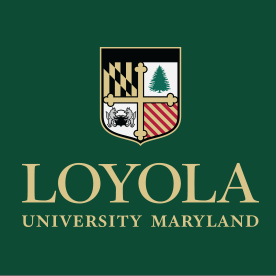 More than two decades ago, Brown University embarked on a deep investigation into its historical relationship to racial slavery and the transatlantic slave trade. After three years of study, Brown released its groundbreaking Report of the Brown University Steering Committee on Slavery and Justice in 2006, confronting and publicly documenting the university’s complex history with the transatlantic slave trade and its legacies of anti-Black racism, racial domination and injustice.
More than two decades ago, Brown University embarked on a deep investigation into its historical relationship to racial slavery and the transatlantic slave trade. After three years of study, Brown released its groundbreaking Report of the Brown University Steering Committee on Slavery and Justice in 2006, confronting and publicly documenting the university’s complex history with the transatlantic slave trade and its legacies of anti-Black racism, racial domination and injustice.
Since that that time, many of the nation’s highest-ranked university’s – Harvard University, Wake Forest University, Baylor University, Yale University, and Georgetown University to name a few – have issued similar studies.
Now Loyola University of Maryland has published its findings. Loyola College was founded in 1852. Funds from the sale of 272 enslaved persons by Georgetown University in Washington, D.C., another Jesuit institution, helped finance the establishment of the new college in Baltimore.
Loyola Jesuits depended on slave labor. Like their counterparts at Georgetown, they preferred to rent rather than to own the enslaved people who maintained the campus, residence, and college. From July 1855 through December 1860, Loyola Jesuits (including its first president Father John Early) rented “servants” from Mrs. Henry S.
Manning, whose family were slaveholders. The 1860 U.S. Census Slave Schedule for Baltimore City records a 60-year-old enslaved Black woman held by the “Order of the Jesuits.” In the early years of Loyola College, the forced labor of both rented enslaved servants and the enslaved woman in the 1860 census contributed to the college’s stability and development.
The report concludes: “Those of us at Loyola today are members of an institution whose founders financed its development through slavery, appear to have utilized the forced labor of enslaved workers, and who supported the Confederacy in its attempts to preserve the institution of slavery in the United States.”












